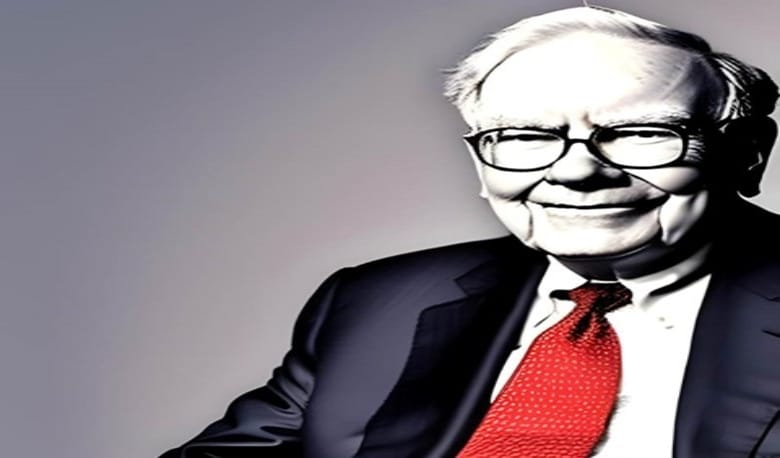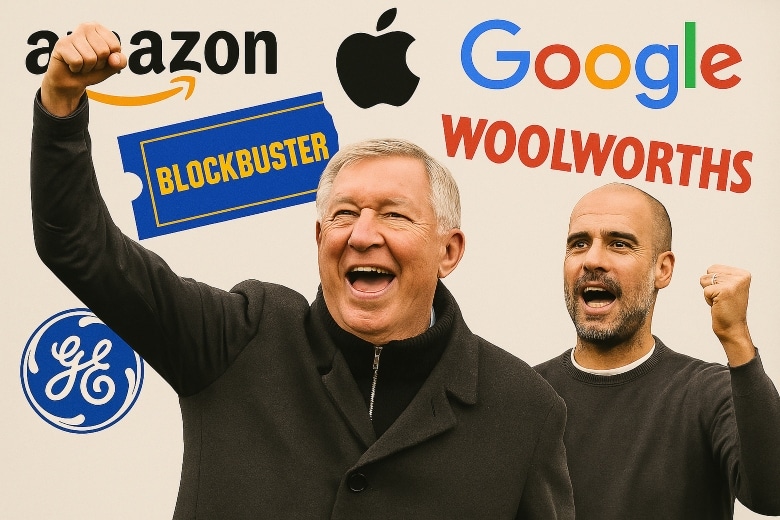
Warren Buffet is, in most people’s opinion, the greatest investor of all time. The 92-year-old is reportedly worth $108bn.
His success has generated wealth for the shareholders of his company, Berkshire Hathaway, over the 58 years he has run it. He is famed for his no-frills, low-cost lifestyle despite his huge wealth as much as he is for his diligent and patient approach to investing. While other ‘star’ fund managers and high-profile hedge fund bosses have enjoyed stratospheric success only to fly too close to the sun and come crashing, Icarusesque, back down to earth, Warren Buffet has ploughed a steady course through the ups and downs of the stock market cycles.
His success has spawned countless books and the annual shareholder AGM in Omaha, Nebraska is the investment world equivalent of the launch of a new Harry Potter book or boyband concert; fans queue well in advance to get into the auditorium to hear the Sage of Omaha speak.
The annual letter to Berkshire Hathaway, a publicly available document, always makes for interesting reading. The latest in 2022 was no different and it is a self-deprecating admission that caught my eye.
He is keen to point out that he and his business partner, Charlie Munger, are only interested in buying businesses that have long-term potential. They are not looking for a quick return through a speculative share trade. This is a large part of his long-term success.
What also stands out is how much of their success is down to only a few winners, many good performers and a large group of average performers. It is a classic ‘get rich slowly approach’.

Buffet goes on to acknowledge the mistakes he has made and how capitalism comes down to the two sides of the same coin; for every successful, in-demand product or service, there is a victim whose customers choose the alternative. It’s a virtuous cycle of innovation and evolution.

He acknowledges the price of a company’s shares on any given day can be “baffling”, with prices being “foolish” both when they are high and low. Hindsight can often only offer an explanation.
It is said that successful people underplay the role of luck in their success and unsuccessful people overplay luck’s hand. Warren Buffet is quick to point out how most of his decisions have been “so-so”. He admits that their “satisfactory results” are boosted by only about 12 good decisions. That’s about 1 in every 5 years and luck has played an important role.

When given time, it’s amazing how, through the power of compound interest, results look after themselves. He gives two examples of what he refers to as the ‘secret-sauce’ of time:
As long ago as 1987 he started buying 400 million shares in Coca Cola which took 7 years to complete in full. The cost was $1.3bn, but in the nearly 30 years since the original $75m dollar dividend payment has increased year on year to $704m last year. A near 10x increase. In that time the value of Coke increased to $25bn.
American Express is another example he cites. They completed the purchase of Amex in 1995, also for $1.3bn. In that time the annual dividends have increased from $41m to $302m and the value of the shares to $22bn.
That’s the joy of compound interest for you!
To which he offers this pearl of wisdom:

But perhaps the hand of fate had the greatest influence way back in 1965. Berkshire Hathaway started life as a textile business which was looking failure square in the eye. It was only a regulatory change that enabled them to change tack and start the journey to the investment giant they are today. 58 years later he puts his success down to three things:
- The power of compounding,
- Avoiding catastrophic mistakes and,
- Riding on the wave of the American economic success story.
In that time we have suffered wars, terrorist attacks, a banking and sovereign debt crisis, a pandemic, natural disasters and many recessions which have all caused panic in global investment markets. Novice investors sell their holdings to prevent losses from getting bigger but the prudent stay invested knowing a turnaround is inevitable.
The point of all this is that if the world’s greatest ever investor puts his success down to these 3 factors, how can anyone else expect to do it any differently?
There is a common argument that says only approximately 2% of fund managers who beat an index over a sustained period of time can be called skilful. The rest have just got lucky during a part of the economic cycle that has suited their bets. Before long they see their outperformance revert to average returns. Even the skilful ones can’t say they have been doing it consistently for multiple decades.
You might not have the capital to buy whole companies like Coca-Cola or American Express but you can still follow the basic principles of diversifying broadly, not making stupid mistakes and having the patience and discipline to hold on for the long term. That is where the magic happens.






